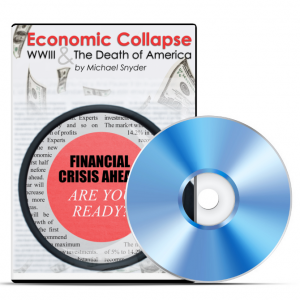People With Cancer Fatalism Have Lower Screening Rates
Wednesday, October 12, 2011 Posted by Shattered Paradigm
People with low socioeconomic status are less likely to get colorectal cancer screenings, yet lack of health care, affordable drugs, or poor health care coverage are not the only reasons. According to the report, published in Cancer Epidemiology, Biomarkers & Prevention, a journal of the American Association for Cancer Research, even economically disadvantaged people with health care, such as those in the United Kingdom where cancer screening and treatment is free, are still less likely to get screened.
Cancer fatalism is the belief that cancer screenings will not help or that cancer will inevitably kill the patients even if they get treatment. As a result, those with lower socioeconomic status often do not go for fecal occult blood testing, a form of colorectal cancer screening even when they have affordable health care.
University of London psychology lecturer Anne Miles and her research team collected data from 529 adults, ages 60 to 69. The study’s surveys asked the participants a series of questions related to their income, their current perception of their own health, and their rate of cancer fatalism.
According to Miles, the findings strongly indicate that money is not the only issue at play. If psychologists can learn to better understand people’s thought process with regards to cancer, Miles believes cancer fatalism can be treated, helping convince those people who need to get screenings to do so.
The American Association for Cancer Research (AACR) is a professional organization committed to the prevention and cure of cancer. To accomplish its goals, the AACR supports research in biomedical science and fosters an environment where scientists can more quickly share new knowledge of prevention, diagnosis, and treatment. Its membership includes more than 33,000 researchers, supporters, health care professionals, and cancer survivors.




0 comments:
Post a Comment